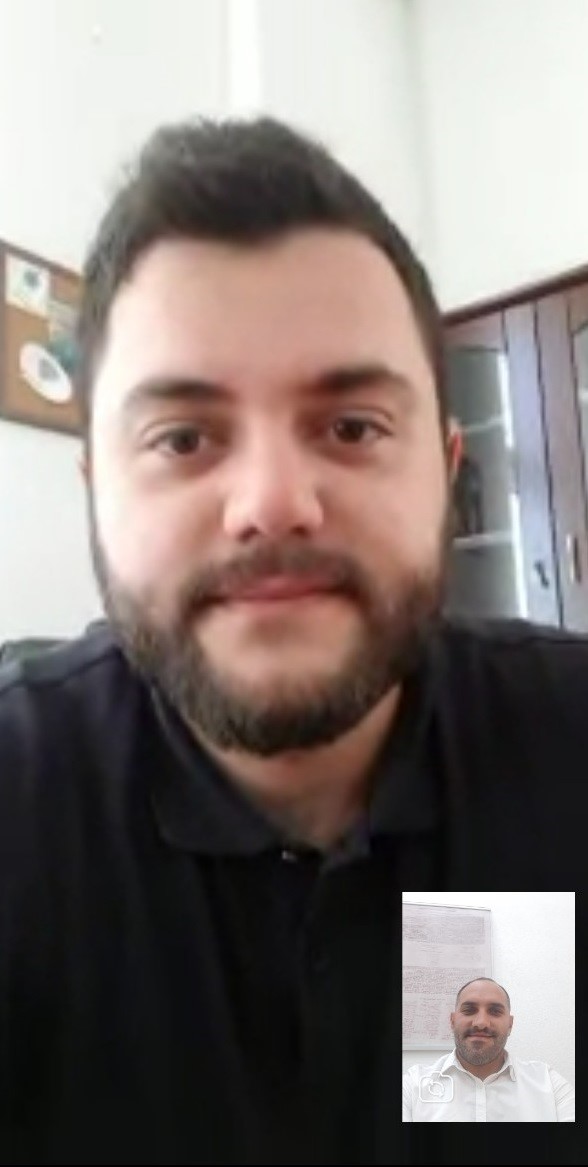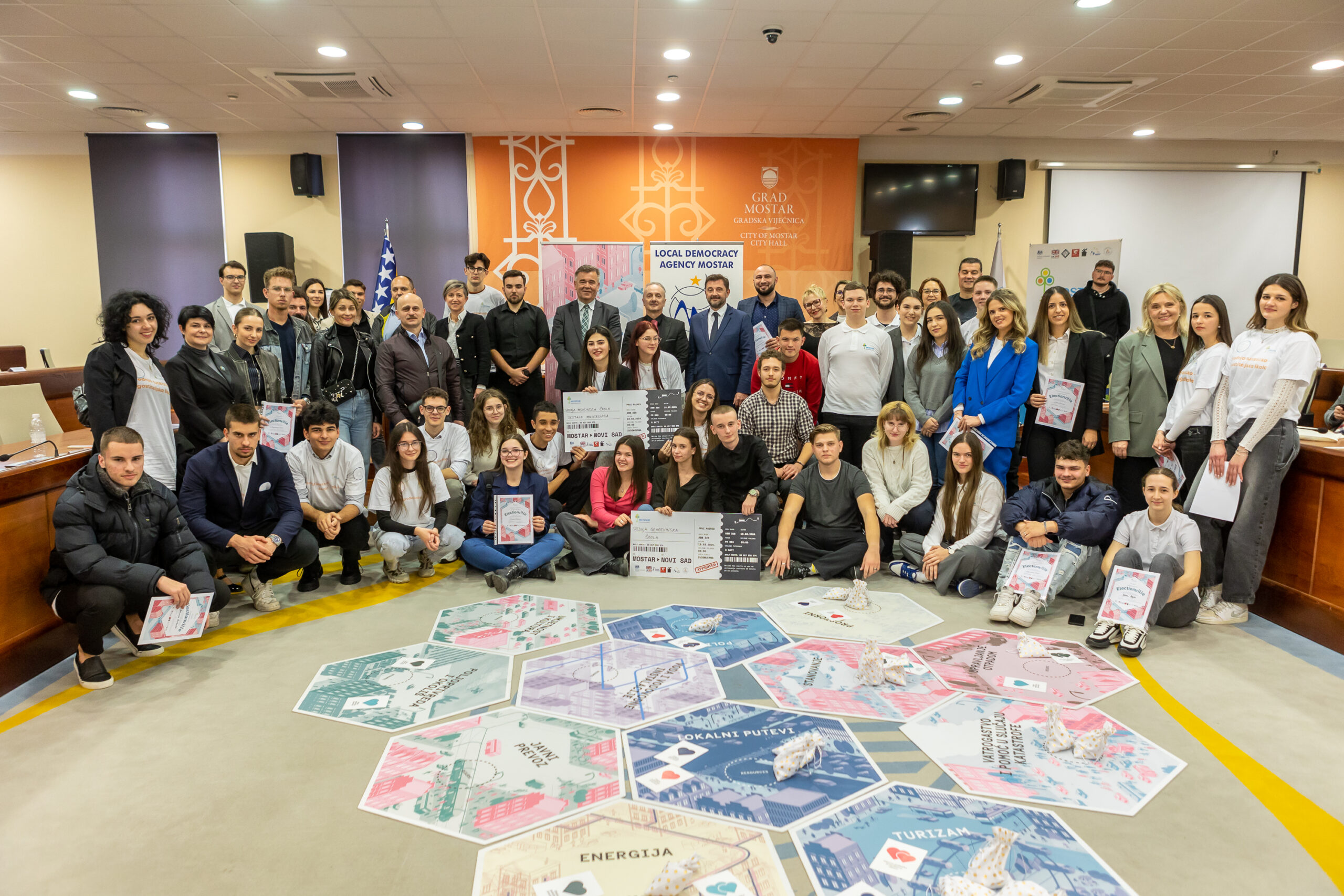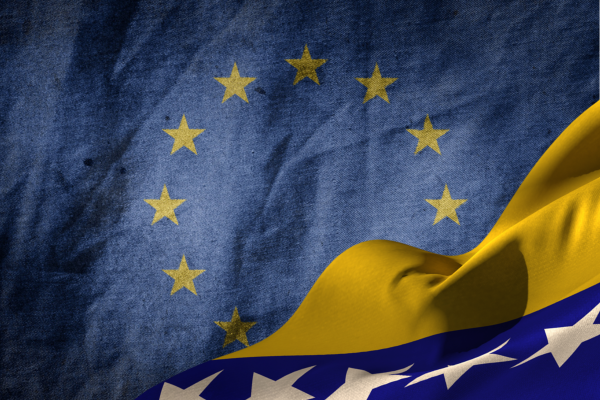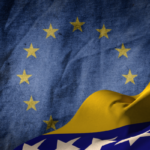Interview
Project “YOUth Ambassadors of Non-Formal Learning”
Country: Kosovo
Interviewer: Selim Daku
Interviewee: Egzon Daku, Chairman of the Pro European Students Union
Date and location: June 1, 2020, Prishtina
List of questions for the Interview:
- Is the law defining NFE in your country? If yes, please describe what the law says.
The law on empowerment and youth participation is the one that talks about non-formal education. He emphasizes that education for non-formal education is a lifelong learning activity, in order to improve knowledge, skills and competencies, within the individual, civic, social perspective related to employment. Through this law, non-formal education relies on the development of young people, increasing civic awareness, democratic values, increasing humanity and tolerance, preserving the historical, cultural environment. Cultivation of ethnic, cultural, religious, political diversity. The law also emphasizes the idea of promoting physical, mental and employment education.
- Please describe the existing strategies, action plans that define nonformal learning in your country?
Non-formal learning in Kosovo is also regulated by the youth strategy, which was reissued in 2019 and envisages youth activity in Kosovo until 2023. This strategy supports the provision and development of programs to increase the skills and abilities of young people in order to prepare them for the labor market.
This is done through two characteristics: The first is through the organization of events that lead to the development of non-formal education. Events include providing alternatives to non-formal education.
Through these alternatives, the aim is for young people to advance their knowledge of political, social, philosophical topics, scientific concepts and analysis of various processes. The strategy in the first place envisages the development of capacities for non-formal education of young people, in increasing competencies and cultivating tolerant and diversified values.
The second point of the strategy is the organization of youth events to promote non-formal education, which include state support for youth organizations that promote non-formal education in localities where they operate.
- Have you been involved in the development of a strategy / action plan / law in excess of the NFE issues?
I was not part of the drafting strategy for youth 2019-2023. I was part of the drafting of documents related to the development of informal student education activities at Public Universities.
- Do you work on promoting NFE and how?
We are committed to developing informal education activities. This is by developing activities such as trainings, seminars and various workshops which directly affect the involvement of young people in non-formal education.
- For your institution/CSO how young people recognize NFE?
We are a youth organization that represents students. Students have a great lack of knowledge about non-formal education.
They are partially involved in non-formal education activities and as such they need greater involvement in such projects, whether local, regional or international.
- What are you doing about NFE in term to make closeness with youth?
As an organization, we are oriented towards the development of non-formal education.
This is due to the fact that student demands are high.
We also believe that the organization of non-formal education influences overall social development.
We as an organization, in the past 10 years have held over 200 trainings related to non-formal education.
- Have you involved young people in the process of bringing about things that are relevant to non-formal education?
We are a youth organization and young people are the ones who contribute to the development of certain youth ideas, documents, strategies inside and outside the organization.
- Should the Government get involved and make an even bigger contribution when it we are speaking about youth and policies about y
The government should increase its funds for the development of non-formal education. It should build programs that directly affect the growth of non-formal education activities.
The government should increase the number of project financing by respecting the law and the respective strategies.







